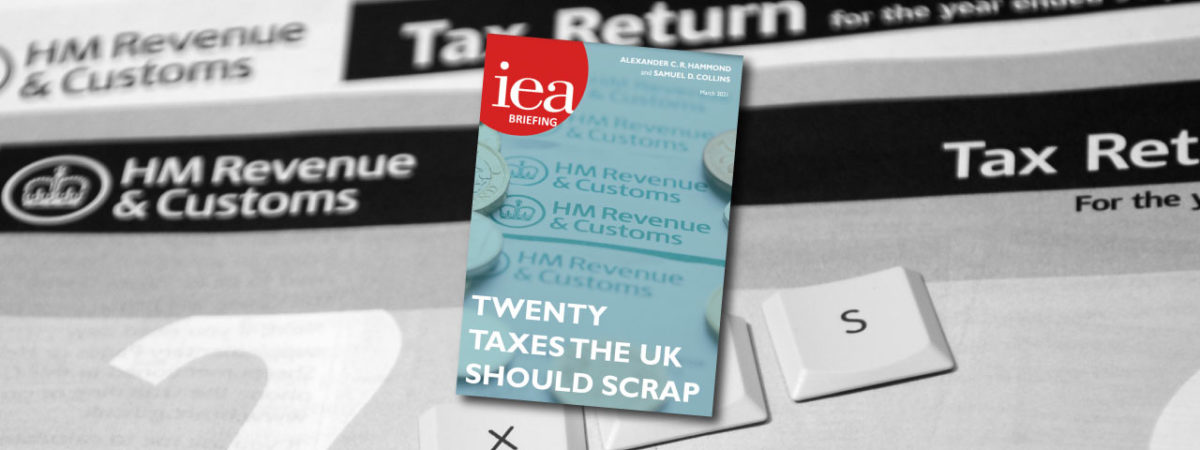Back to School – and After
SUGGESTED



- School closure has been damaging to the mental health of some children and to the educational progress of many. The long-term costs to individuals and the economy of this hiatus in schooling can be exaggerated, but are still likely to be substantial.
- The costs of the damage are likely to have fallen most heavily on poorer or otherwise disadvantaged children, and the government is understandably taking particular note of this in designing policies to assist educational recovery.
- As with the NHS, the Covid-19 crisis has exposed longstanding problems in the educational system and there is a strong case for government policy to look beyond short-term recovery and temporary changes.
- Policies such as changing the structure of the school year and the length of the school day, which have been advocated for years, could now be brought forward. The government could also consider changing the ages at which children enter and leave primary school.
- Teaching practices could be reviewed in light of new technologies and changes in the way in which children learn. It should become easier for a wider range of people to become teachers, and the requirement for Qualified Teacher Status could be dropped in maintained schools.
- In the short run, some form of examination is needed, delayed if necessary, for A level and other terminal qualifications, rather than reliance on teacher assessment. In the longer term, the National Curriculum could be decluttered and there could be only a limited number of examinations at 16. A levels might usefully revert to a modular structure.
- More power could be placed in the hands of parents, particularly poorer parents. The Pupil Premium could be given to parents to spend on tutorial support or other relevant educational provision. Experiments with education vouchers could also be encouraged, with the ultimate objective of making it possible for the distinction between state and independent schools to be broken down.
Fullscreen Mode




